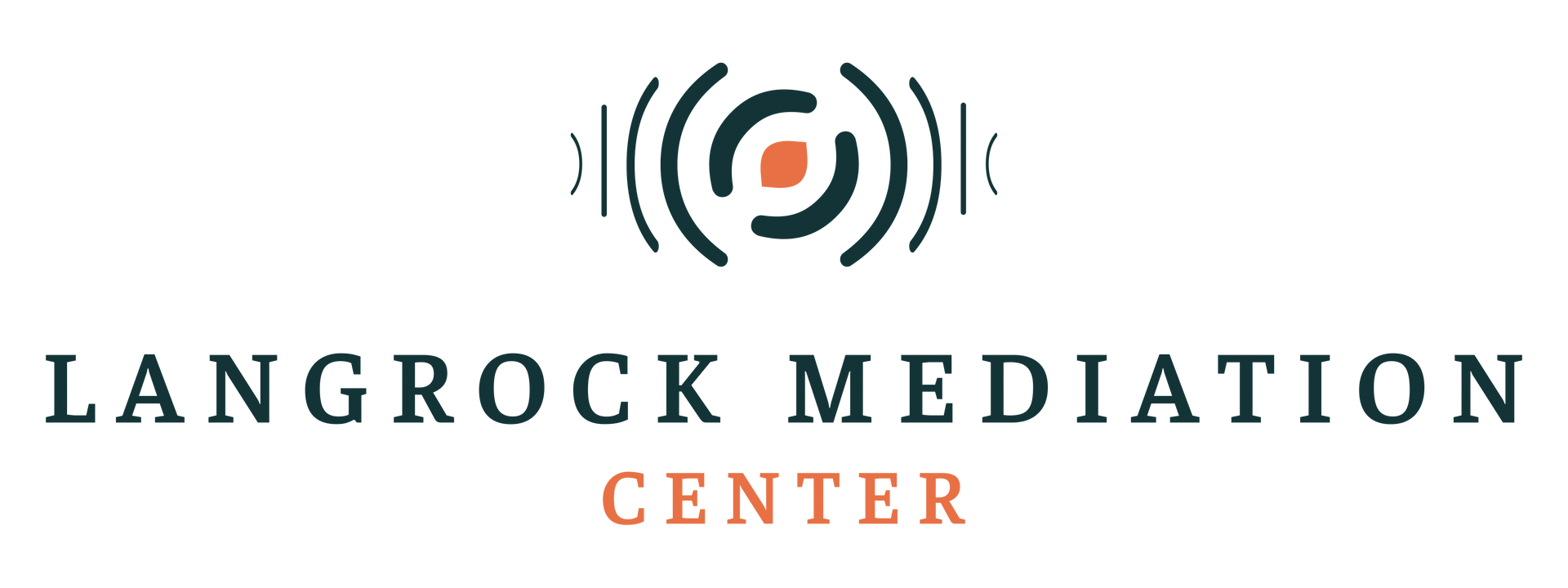Business Conflict? Why Mediation Works for Employment and Partnership Disputes
When business relationships sour, the consequences can be both costly and deeply personal. Whether it’s a dispute between business partners, a breakdown in employer-employee trust, or conflict within a leadership team, unresolved tension can disrupt productivity, damage reputations, and drain financial resources. But there’s a better way forward—one that prioritizes solutions over escalation: mediation.
The Unique Nature of Employment and Partnership Disputes
Disputes in the business context are rarely just about the bottom line. In employment and partnership conflicts, emotions often run high, and issues of trust, respect, fairness, and autonomy are frequently at play. These conflicts can involve:
- Allegations of discrimination or harassment
- Wage and hour claims
- Wrongful termination disputes
- Non-compete or confidentiality concerns
- Disagreements over ownership interests or decision-making authority
- Alleged breaches of fiduciary duty
- Succession planning breakdowns
In many of these scenarios, litigation may exacerbate the situation rather than resolve it. The adversarial nature of lawsuits can deepen divisions, tarnish reputations, and delay meaningful outcomes.
Mediation, by contrast, allows parties to focus on resolution—not retribution. It offers a forum to be heard, to express concerns directly, and to reach a mutually acceptable agreement in a far more flexible and efficient way.
Why Mediation Works
- Preserves Relationships
Unlike court proceedings, which often pit parties against one another, mediation encourages collaboration. In the employment and partnership context—where individuals may need to continue working together or maintain reputational goodwill—this collaborative approach can be invaluable. - Faster and More Cost-Effective
Lawsuits can take months—or years—to resolve. Mediation sessions can be scheduled quickly and often resolve disputes in a matter of hours or days. This speed translates into lower legal fees, fewer lost business hours, and quicker closure for all involved. - Confidential and Private
Unlike litigation, which takes place in public courtrooms and results in public records, mediation is entirely confidential. This protects sensitive business information, maintains employee privacy, and helps organizations avoid public scrutiny or reputational damage. - Customized Solutions
Judges are limited by the law in the types of remedies they can impose. Mediators, however, help parties craft tailored agreements that address their specific needs. This could include modifying job roles, adjusting partnership responsibilities, issuing joint statements, or creating buy-out agreements—solutions that courts cannot always provide. - Empowers the Parties
In mediation, the parties—not a judge or jury—control the outcome. This sense of agency often leads to greater satisfaction with the resolution and better long-term compliance with the terms of the agreement.
Mediation is Especially Effective When Used Early
One of the greatest advantages of mediation is that it can be initiated at any stage of a conflict. However, early intervention is often the most effective. Addressing issues before they escalate into full-blown litigation saves money, protects relationships, and creates space for more thoughtful decision-making.
Proactive businesses now use mediation not just for disputes that have already erupted, but as a regular part of their conflict management strategy—integrating mediation clauses into contracts, partnership agreements, and employee handbooks.
Why Choose Langrock Mediation
At Langrock Mediation, we understand the dynamics that drive employment and partnership conflicts. Our team brings a deep understanding of business law, interpersonal communication, and conflict resolution to every case. We approach each matter with professionalism, neutrality, and a focus on helping clients move forward. Contact Langrock Mediation today to learn more about how mediation can work for your business. Let us help you turn conflict into clarity—efficiently, confidentially, and constructively.



